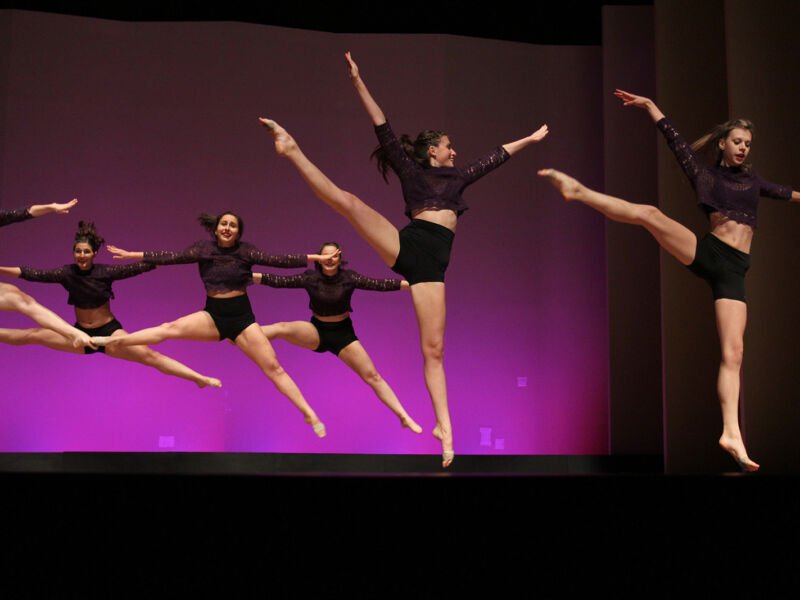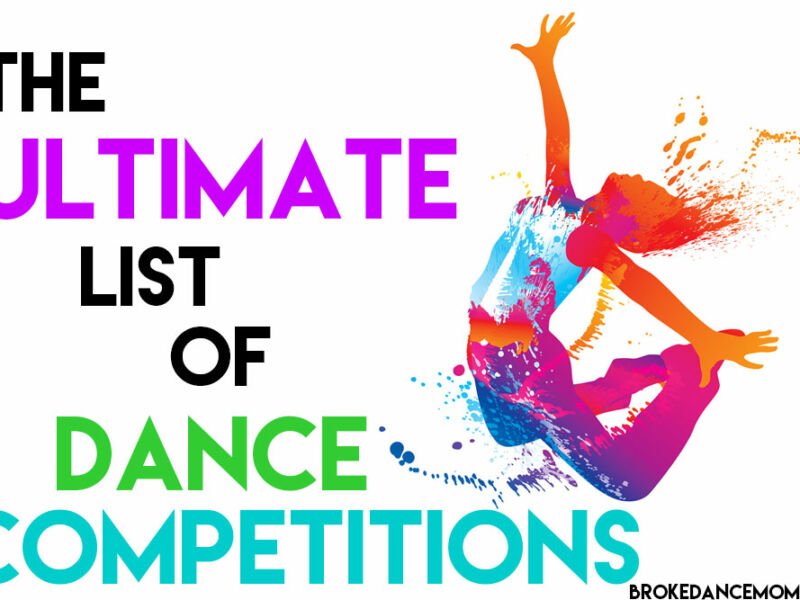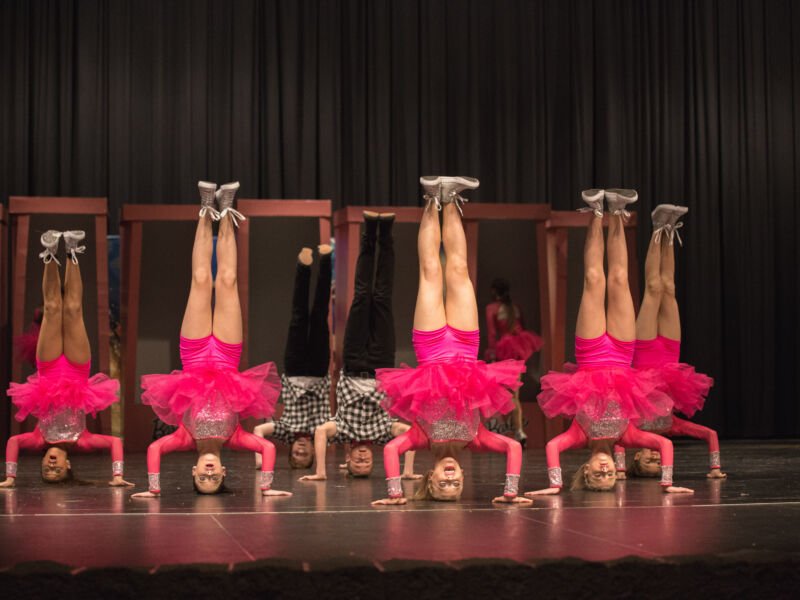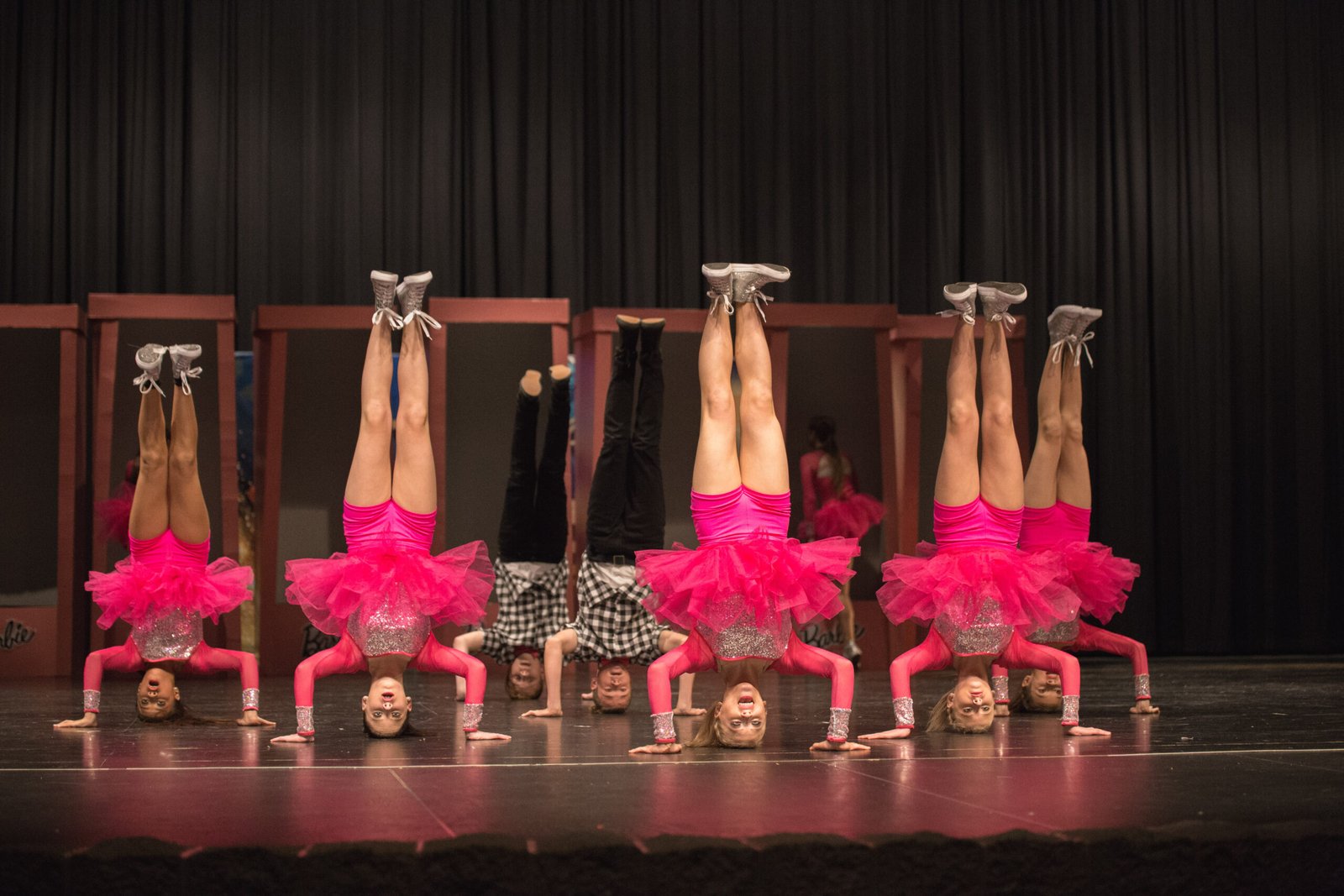
The Significance of Dance Competitions
Dance competitions are an integral part of the dance world, offering dancers the opportunity to showcase their skills, receive feedback from judges, and connect with other dancers. It is a platform where dancers can hone their craft, push their boundaries, and gain invaluable experience. However, beyond demonstrating technical abilities and artistic expression, dance competitions also emphasize the importance of etiquette and sportsmanship.
Dance Competition Etiquette: Capturing the Essence of Professionalism

1. Respect for Judges and Studio Directors
Maintaining respect for judges and studio directors is crucial. Dancers should greet judges and directors with a polite and confident demeanor. It is essential to remember that they are reputable figures in the dance community, and respecting their authority shows professionalism and maturity.
2. Sportsmanship Among Competitors
Competitors should exhibit sportsmanship throughout the competition, regardless of the outcome. This means supporting fellow dancers, congratulating them on their achievements, and refraining from negative or unsportsmanlike behavior. Dance competitions should always be an environment of encouragement and positivity.
3. Punctuality and Preparedness
Dancers must arrive on time and fully prepared for their performances. This includes having appropriate attire, grooming, and being mentally focused. Being punctual and organized not only demonstrates professionalism but also ensures a smooth flow of the competition.
4. Practice Studio Etiquette
In a dance competition setting, practice areas may be shared among different studios. Respecting others’ space, practicing good hygiene, and cleaning up after oneself are essential aspects of studio etiquette. It is essential to maintain a positive and respectful atmosphere in shared spaces.
Embracing Dance Competition Sportsmanship

1. Celebrating Success, Regardless of Placement
Sportsmanship in dance competitions means celebrating the achievements and successes of all participants, regardless of their placement. Understanding that each dancer has put in hard work and effort is crucial. Applauding outstanding performances and showing appreciation for the artistry displayed fosters a supportive and encouraging environment.
2. Displaying Grace in Defeat
Not every dancer can win every competition. It is vital to handle disappointment with grace and dignity. Congratulating the winners and acknowledging their talent is an important aspect of dance competition sportsmanship. This mindset promotes unity among dancers and cultivates a healthy competitive spirit.
3. Encouraging Others
Supporting and encouraging fellow dancers throughout the competition is a fundamental aspect of sportsmanship. Offering kind words, praising their abilities, and motivating them to perform their best creates a space of camaraderie among competitors. It is important to remember that all dancers share the love and passion for dance.
4. Accepting Constructive Criticism
Dancers should be open to receiving constructive criticism from judges or instructors. Embracing feedback helps in personal growth and development as a dancer. Accepting criticism with grace and gratitude showcases a dancer’s willingness to improve and evolve their skills.
By embracing dance competition etiquette and sportsmanship, dancers not only enhance their overall reputation but also contribute to the positive environment within the competitive dance community. These virtues demonstrate professionalism, respect, and unity, elevating the dance experience for everyone involved.
Sequins and Soul-Searching in the Competitive Dance World
What Dance Competitions Really Mean To Dancers
Dance Competitions Explained – Everything You Want To Know
How Do Dance Competitions Work? – QC Dance Studio
Competitive Dance: The Physiological and Psychological …
Dance Competitions : What You Need to Know
